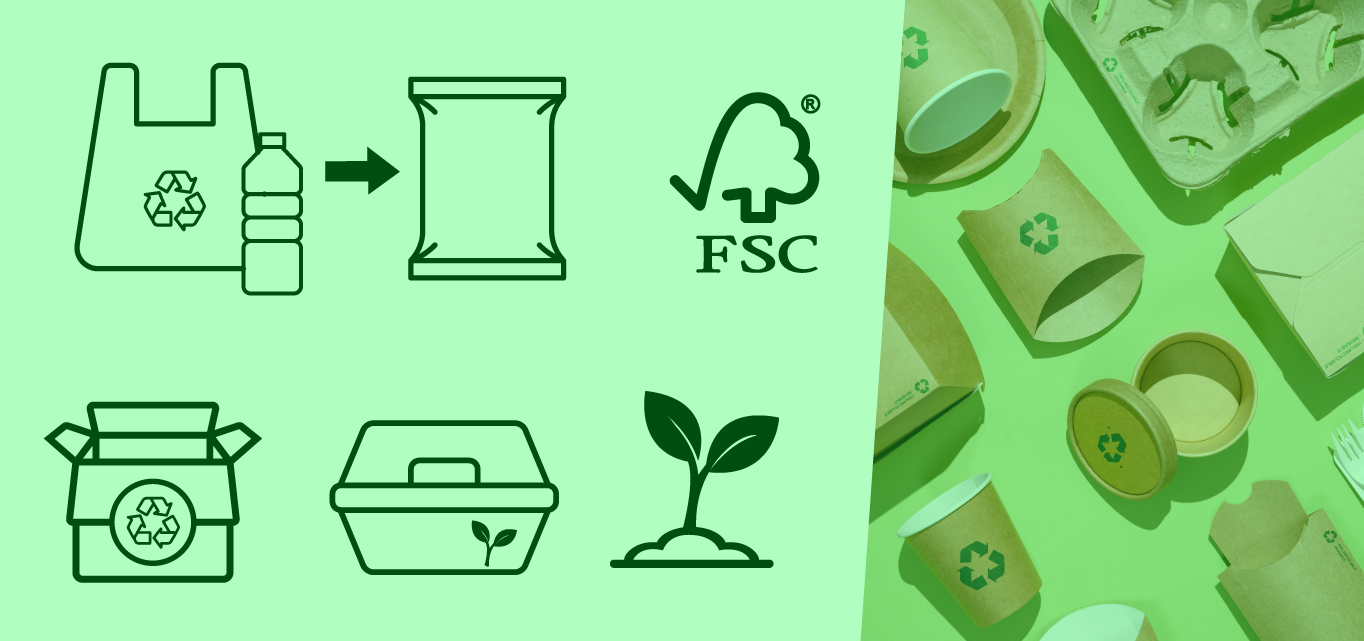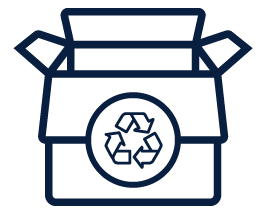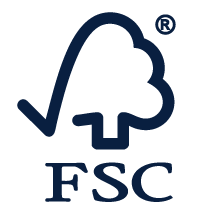
News + Updates
Find out what our team has been up to.

Find out what our team has been up to.

Choosing the right packaging material is one of the most important decisions a brand can make. It impacts cost, sustainability, shelf appeal, and even consumer trust. With so many options available, from traditional plastics to cutting-edge plant-based alternatives, it can feel overwhelming to know where to start.
At Associated Labels & Packaging, we work with businesses of all sizes to navigate these choices. Below, we’ve outlined today’s most common sustainable packaging materials options, what makes them unique, and how they might align with your brand values.
 Recyclable Packaging
Recyclable PackagingFor brands committed to sustainability, recyclable packaging helps reduce environmental impact without sacrificing performance. These materials can be reprocessed and reused, lowering demand for virgin plastics and keeping waste out of landfills.
Packaging made from post-consumer recycled content gives new life to materials that would otherwise be discarded. By choosing these options, brands help close the recycling loop while demonstrating a commitment to reducing waste.
What is meant by Post-Consumer Recycled (PCR)?
In general terms, material that is made from items that consumers recycle everyday, such as plastic bags, and single use plastic drink bottles. Post-consumer waste recycling refers to the process of collecting, sorting and reprocessing materials like those that have been discarded after consumer use. In our PCR flexible packaging options, these materials are predominantly PET and PE and are transformed into flexible films, reducing the need for virgin materials and thus minimizing landfill waste.
The Importance of Mono-materials
Mono-materials, such as PET from bottles, are highly recyclable and play a vital role in post-consumer waste recycling initiatives. These materials are preferred for their compatibility in recycling streams, ensuring efficient processing and maximizing resource recovery.
 Compostable Packaging
Compostable PackagingCompostable packaging provides an eco-friendly alternative that breaks down into organic matter under proper composting conditions. BPI-certified compostable solutions leave behind no harmful residues, helping reduce landfill waste and offering consumers peace of mind.
 Plant-Based Packaging
Plant-Based PackagingMade from renewable resources such as plants and agricultural by-products, plant-based packaging provides a sustainable alternative to petroleum-based plastics. These innovative materials allow brands to highlight their commitment to renewable resources and environmental responsibility.

For paper-based packaging, FSC certification ensures materials are sourced from responsibly managed forests. By choosing FSC-certified packaging, brands support sustainable forestry practices while protecting ecosystems and natural habitats.
Finding the Right Fit
No matter your budget, product type, or brand values, there’s a packaging material that fits. From conventional solutions to the latest eco-friendly innovations, understanding the options empowers brands to make choices that resonate with both their customers and their sustainability goals.
At Associated Labels & Packaging, we’re here to help you navigate these decisions and find the best fit for your business.
Businesses across diverse industries choose Associated Labels & Packaging to expand their product lines.